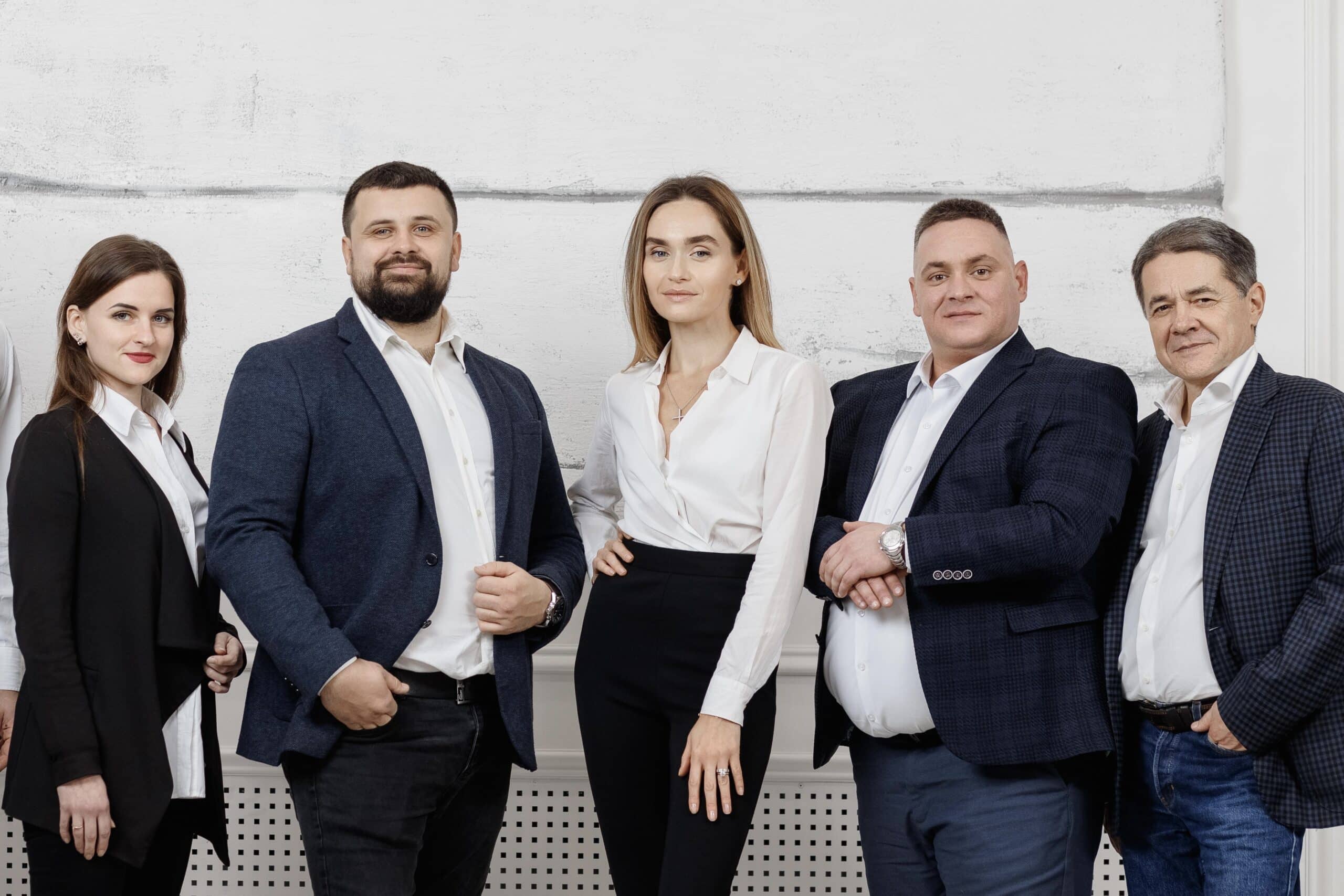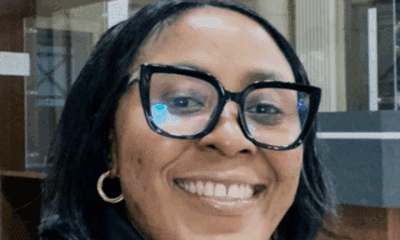Codependency: The Invisible Enemy More Dangerous Than Addiction — Insights from Yuliia Feldman, Psychologist and Rehabilitation Specialist
In the modern world of mental health and addiction recovery, codependency remains one of the most overlooked yet destructive forces. Unlike chemical addiction, codependency doesn’t scream for attention. It whispers, weaves itself into everyday behaviors, and slowly dismantles boundaries, identity, and autonomy. Yuliia Feldman, a Ukrainian-born psychologist, coach, and founder of a private rehabilitation center, calls codependency “the silent epidemic that enables every other form of dependency.”
With over a decade of professional experience, Feldman has spent her career helping individuals break free not only from substance abuse, but also from the deeply rooted psychological patterns that enable it. Her insight? “Addiction is rarely the root issue. It’s often the escape. And codependency is the prison we don’t realize we’re living in.”
A Dual Path of Science and Compassion
Feldman began her academic journey in a field far removed from mental health: theoretical physics. A top graduate of the Kharkiv National University, she later turned her analytical mind to psychology. “Understanding the universe was fascinating,” she says, “but understanding the human soul became urgent.”
She earned her second master’s degree, this time in psychology, from the Kharkiv National Pedagogical University, graduating with honors once again. She continued her education through postgraduate research, earning her Ph.D. in Psychology in 2018. Certified as a professional coach since 2013 and an NLP practitioner since 2014, Feldman brings both scientific rigor and intuitive empathy to her work.
Since 2019, Feldman has specialized in addiction recovery, working with individuals facing both chemical and non-chemical dependencies. Her clinical and coaching approach has supported hundreds of clients navigating the intertwined paths of trauma, dependency, and self-rediscovery. She has worked with families, young adults, and caregivers in high-stakes, emotionally fraught scenarios where codependency was deeply embedded yet invisible to those involved.
In June 2021, she founded her own rehabilitation center, “Rehabilitation-1,” in Ukraine. The center is known for its integrated and humanistic model of care, emphasizing psychological education, emotional boundaries, and reestablishing autonomy. Feldman’s programs incorporate individualized therapeutic plans, structured coaching modules, and recovery accountability protocols.
Since its founding, Feldman has guided many clients through recovery. Among those who committed to regular therapy in the center’s first year, dozens of individuals — including former injection drug users and alcoholics — have now sustained sobriety for more than six years. Their progress is a testament to the long-term impact of Feldman’s integrative and boundary-focused approach.
Her outstanding contribution to the field was recognized in autumn 2021 with the prestigious St. Sophia Award, a national accolade in Ukraine celebrating excellence in combating addiction and developing rehabilitation initiatives.
She is also an active member of the National Psychological Association of Ukraine, where she contributes to advancing therapeutic standards, supports national-level mental health initiatives, and leads professional development programs for aspiring psychologists.
What Is Codependency, Really?
Often dismissed as “relationship issues,” codependency is far more than being overly caring or loyal. Feldman defines it as “a compulsive pattern of self-sacrifice, emotional fusion, and indirect control, often disguised as love.”
She explains that in codependent dynamics, one partner (or parent, sibling, or friend) unconsciously adopts the role of rescuer or martyr. Their identity becomes entwined with the other’s problems. They manage crises, take on responsibility that isn’t theirs, and lose themselves in the process.
“Codependency feeds addiction,” Feldman says. “It justifies the addict’s behavior, protects them from consequences, and leaves the enabler feeling exhausted, resentful, and trapped.”
Feldman emphasizes that codependency is not a moral failing. It is often rooted in childhood trauma, emotional neglect, or growing up in a household where love was conditional or unpredictable. These patterns follow individuals into adulthood, shaping their ability to relate, set boundaries, and define self-worth.
From Recognition to Recovery
Working with codependent clients requires a different lens than standard addiction therapy. Feldman begins with awareness: helping clients recognize their patterns without shame. “Awareness isn’t just the first step. It’s the bridge out of denial.”
Her therapeutic model emphasizes:
- Boundary work: Learning to separate one’s feelings, responsibilities, and identity from others.
- Emotional literacy: Naming and expressing feelings without guilt or justification.
- Self-worth reconstruction: Understanding that love doesn’t have to be earned through suffering or sacrifice.
Through workshops, one-on-one sessions, and rehabilitation programs, Feldman helps clients reclaim autonomy, rebuild confidence, and redefine relationships on healthier terms.
She has seen transformations that are nothing short of profound: individuals who once viewed themselves only through the lens of another’s needs begin to speak in the first person again. Parents who chronically overfunctioned for their adult children learn to step back and foster independence. Partners in toxic cycles begin to envision lives beyond crisis management.
A Broader Cultural Blind Spot
One of the reasons codependency remains so hidden is that many cultures, including post-Soviet ones, often romanticize self-sacrifice—especially among women. Feldman calls this “the cultural glorification of burnout.”
“We applaud the woman who gives everything to her family, who tolerates, who forgives endlessly. But we don’t ask what it costs her,” she says.
In this context, therapy can be revolutionary. “Teaching someone to say no, to take up space, to exist without guilt—this isn’t just personal development. It’s social change.”
Feldman believes that societal education is essential for early prevention. She advocates for the integration of emotional boundary training in school curriculums and workplace wellness programs, and she actively speaks at conferences on the long-term psychological toll of codependent behaviors.
Looking Forward
For Feldman, codependency is more than a clinical concept. It’s a societal challenge. Her mission is to educate not just individuals but communities: schools, families, workplaces. She sees emotional health as a collective responsibility.
She is currently developing group training programs for educators and parents, aiming to create early awareness of emotional boundaries and relationship dynamics. Her upcoming projects also include online courses for international audiences interested in sustainable emotional wellness and boundary training.
“We need to stop teaching people to disappear for the sake of others. Especially girls. Especially empaths,” she says.
Her message is clear and unwavering:
“Healing from addiction requires addressing the whole ecosystem of relationships. And codependency is the root system we must not ignore.”
















